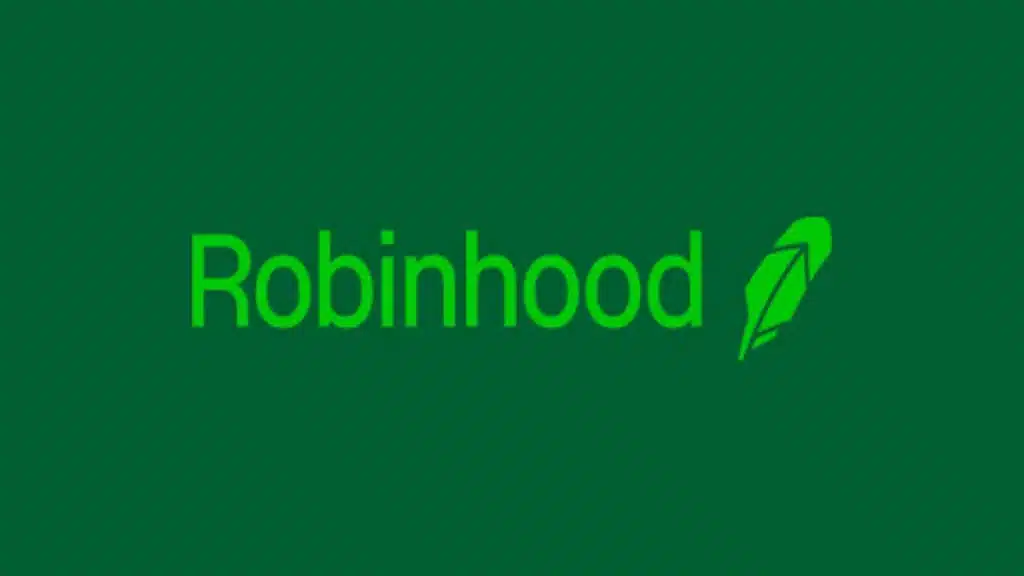Financial services company Robinhood announced at the Permissionless crypto conference the upcoming release of a wallet that aims to compete directly with the popular Metamask. This future application should allow customers to access the crypto-currency markets, deFI as well as NFTs.
Robinhood is no stranger to digital wallets. Indeed, earlier this year, the company had already announced a wallet for crypto-currency users. However, there are two major differences between the two wallets.
First of all, this new wallet has the particularity of being non-custodial. Concretely, this expression refers to any wallet whose keys belong only to the wallet holder.
Thus, Robinhood will never keep the private keys of its users. In return for this financial freedom offered by full control of their money, the user will be the only one responsible in case of loss of their private key or lack of reaction to a system failure.
Secondly, this new wallet is distinguished by the possibility given to users to actually spend their crypto-currencies. Robinhood’s other wallet, beyond being custodial, limits the user to using their wallet as a speculative tool.
Robinhood promises an improved user experience
Vlad Tenev, co-founder and CEO of Robinhood, has a positive and ambitious view of crypto currencies.
He states that “At Robinhood, we believe that crypto currency is more than just an asset class. DeFI has the potential to be the system that powers the future of financial services. We want to help people experience the full range of possibilities that these revolutionary technologies have to offer.”
This speech demonstrates the desire to offer a product that satisfies both experienced deFI users and those new to the industry. This compromise will certainly not be easy to find, but Robinhood is optimistic that they will be able to offer a more welcoming user experience while removing the constraints of the competition.
One of the most annoying aspects of using a wallet like Metamask is paying transaction fees. Robinhood simply plans to cover its gas costs.
While this is very appealing, it is legitimate to question the concrete application of this objective. Indeed, if Robinhood’s wallet is successful, the total amount of transaction fees paid by users each day could be very high, especially on Ethereum.

A wallet independent of other Robinhood services
The fear of the community could be that they will be trapped in the Robinhood ecosystem and have to share sensitive personal data with the company.
The company anticipates this concern by stating that this wallet will be autonomous from the native Robinhood application. Thus, users who do not wish to use Robinhood will be able to interact with any other protocol to transfer their money.
This wallet should be available in beta by the end of the summer for those who sign up for early access. The company’s goal is to make it globally available by the end of the year.
This announcement coincides with the announcement that SBF, the owner of FTX, has bought a 7.6% stake in Robinhood. The company does seem to be regaining positive momentum after several months of sluggish growth.




